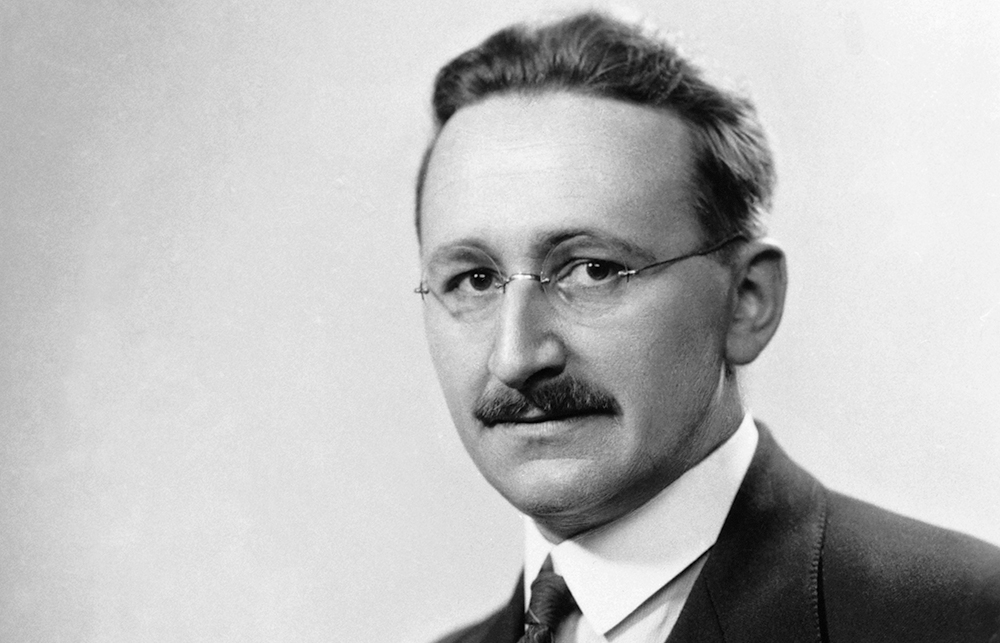Despite being awarded a Nobel in economics in 1974, Friedrich Hayek was a great thinker rather than a great economist. He called himself a ‘muddler’. His own attempt to build an economic theory floundered. His major contribution was to emphasise the limitations of economic knowledge, and thus the inevitable frustration of efforts to build economic utopias. His theorising was abstract, but his purpose was practical: to make the case for a liberal economic order which would be proof against the political and economic wickedness and madness through which he lived: the two world wars, the Great Depression and the rise and fall of fascism and communism.
Hayek’s was a slow-burning flame. He hit the intellectual jackpot with his 1944 book The Road to Serfdom, a dire warning that western democracies were on a slippery slope to despotism, a book which influenced Margaret Thatcher. He was also an adroit academic politician and fundraiser, and left an enduring institutional legacy in the Mont Pelerin Society, a sanctuary for free-market thinkers.
This is not the first biography of Hayek. Alan Ebenstein and Bruce Caldwell himself have written intellectual ones. But Caldwell and his German-speaking co-author Hansjoerg Klausinger wanted to write the last one, at least ‘for this generation’. The result of ten years’ toil is a first volume of 800 pages, which takes Hayek’s life up to the age of 50, with a second one – presumably of similar weight – to cover his remaining 44 years. No one is likely to repeat this feat: all the materials are assembled under one roof. It is only interpretations which will shift. This is the definitive Hayek for our times.
Inevitably, it raises a question about the purpose of biography. In reviewing the first volume of my own life of Keynes, the economist Maurice Peston wrote: ‘What help is knowledge of the lives of Newton and Einstein in predicting the movement of the planets?’ To which the answer is that economics is not a natural science like physics.







Comments
Join the debate for just £1 a month
Be part of the conversation with other Spectator readers by getting your first three months for £3.
UNLOCK ACCESS Just £1 a monthAlready a subscriber? Log in